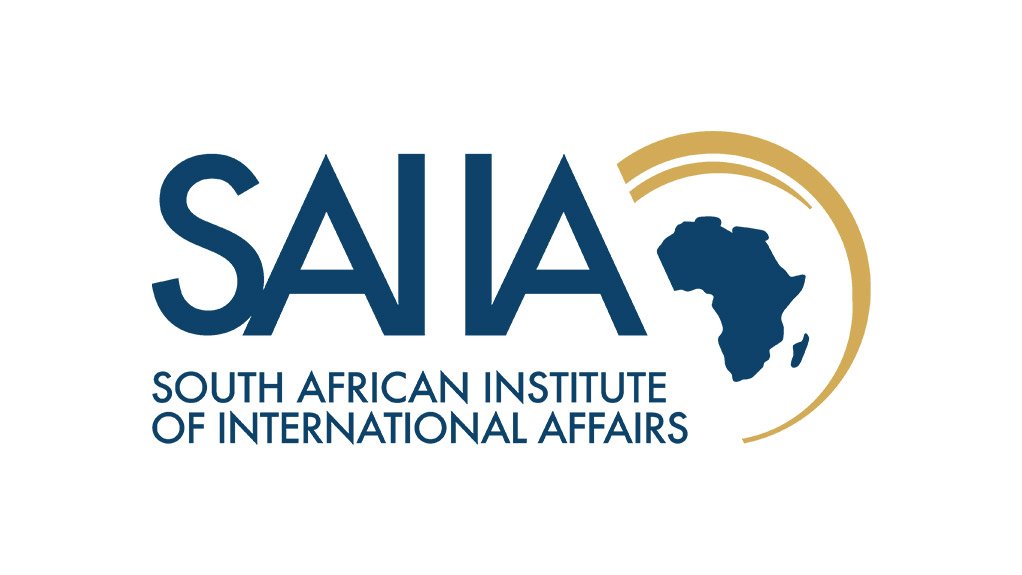Pan-Africanism – the liberation of Africans through regional cohesion and solidarity – has played a crucial role in shaping the continent’s development.
First championed in Africa by Kwame Nkrumah and Julius Nyerere in the 1960s, it was later advanced by Thabo Mbeki and Olusegun Obasanjo, whose presidencies in South Africa and Nigeria respectively saw the introduction of important continental institutions, including the New Partnership for Africa’s Development (Nepad) and the African Peer Review Mechanism (APRM).
Since their departure from office, the spirit of Pan-Africanism has dimmed. Coupled with the weakening of leadership in traditional powerhouses like South Africa and Nigeria, no single personality has truly taken up the leadership mantle in Africa.
However, the current generation of African leaders continues to push an agenda inspired by Pan-African ideals with the objective of furthering development, enhancing economic integration and managing conflict through promoting unity. Who are some of the key leaders in this effort, and which initiatives have they established to achieve their goals?
Encouragingly, interest in African unity as a driver of growth has been supported by strong female leaders.
Under Nkosazana Dlamini-Zuma, the first female African Union (AU) Commission chairperson, 2013 was officially themed ‘the year of Pan-Africanism’ and the first Special Envoy on Women, Peace and Security was appointed. Although she was accused of being slow to intervene in conflicts, Dlamini-Zuma's tenure at the AU demonstrated a preference for the developmental approach. Agenda 2063, a framework for the transformation of Africa over the next 50 years, was drawn up under her leadership. Adopted in 2015, it represents a new phase in efforts to promote development and strengthen continental integration. While the position of AU Commission chairperson can be a weak one, requiring the balancing of demands from several parties, under Dlamini-Zuma the AU was action-orientated – an achievement her successor, Moussa Faki Mahamat, cannot yet claim.
Some regard the tenure in continental leadership of former Liberian President Ellen Johnson Sirleaf as a missed opportunity, partly because of allegations of nepotism at home and also because she was forced to focus on the Ebola epidemic. But evidence of the AU’s confidence in her leadership abilities is provided by her role as chair of key regional committees – such as the post-2015 Development Agenda, the APRM and the Mano River Union, where she led the effort for regional integration and political stability in Côté d’Ivoire, Guinea, Liberia and Sierra Leone.
Within Liberia, Johnson Sirleaf successfully led a process of reconciliation that focussed on rebuilding the country and its democratic institutions after its long civil war. In a celebration of good leadership, in 2017 she received the Mo Ibrahim Prize for Achievement in African Leadership, Her departure from office, and that of Dlamini-Zuma, has created a void in African female leadership.
In pursuit of greater integration, the AU is currently undergoing a set of reforms, driven by the organisation's current chairperson, President Paul Kagame of Rwanda. Aimed at improving its effectiveness, these reforms promote a renewed focus on peace and security, economic integration and Africa’s position in the global order.
One ambitious initiative includes financing the AU’s activities from within Africa by issuing a 0.2 percent levy on selected imports to the continent. Fourteen states are already collecting funds by implementing the levy. With 61.7 percent of the AU's budget coming from the European Union, the United States, the United Kingdom and the World Bank, the financing of the organisation by African states is crucial to its sense of autonomy.
However, it is worth remembering that previous attempts to reform the continental body were largely unsuccessful, due to stubborn bureaucracy and lack of political will. The emphasis this time around is on implementation through high-level leadership.
Presenting a progress report at the 28th African Union Summit in January this year, Kagame stressed self-reliance and reported that the benefits of ‘closer regional integration are already being felt’, making African markets more visible to the global economy. In Kigali in March, 44 countries signed a declaration establishing an African Continental Free Trade Area (CFTA), which will see the creation of a single market for goods and services, with free movement of business persons and investments within Africa.
Through his reforms, Kagame has secured a leadership role in Africa for years to come – despite being criticised for his crackdowns on human rights at home.
President Kagame may find a potential ally in South Africa’s Cyril Ramaphosa, a businessman at heart, who although yet to sign the CFTA agreement owing to legal and administrative concerns, has signed the declaration establishing it.
Africa is home to an array of progressive development programmes founded on Pan-African ideals. But without strong leaders to advance them, they will surely fall prey to the continent’s traditional weaknesses: poor implementation and limited resources. Just as a number of the leaders discussed above have had mixed records, the continent’s integration efforts also present a mixed picture of both progress and regression. What is promising though, seen especially in the enthusiasm for the CFTA agreement and the AU reform agenda, is the growing consensus – greater than in the past – on how to move forward to develop Africa.
Written by Cayley Clifford, a Konrad Adenauer Stiftung scholar at the South African Institute of International Affairs. This article was first published with AllAfrica.com
EMAIL THIS ARTICLE SAVE THIS ARTICLE ARTICLE ENQUIRY
To subscribe email subscriptions@creamermedia.co.za or click here
To advertise email advertising@creamermedia.co.za or click here











